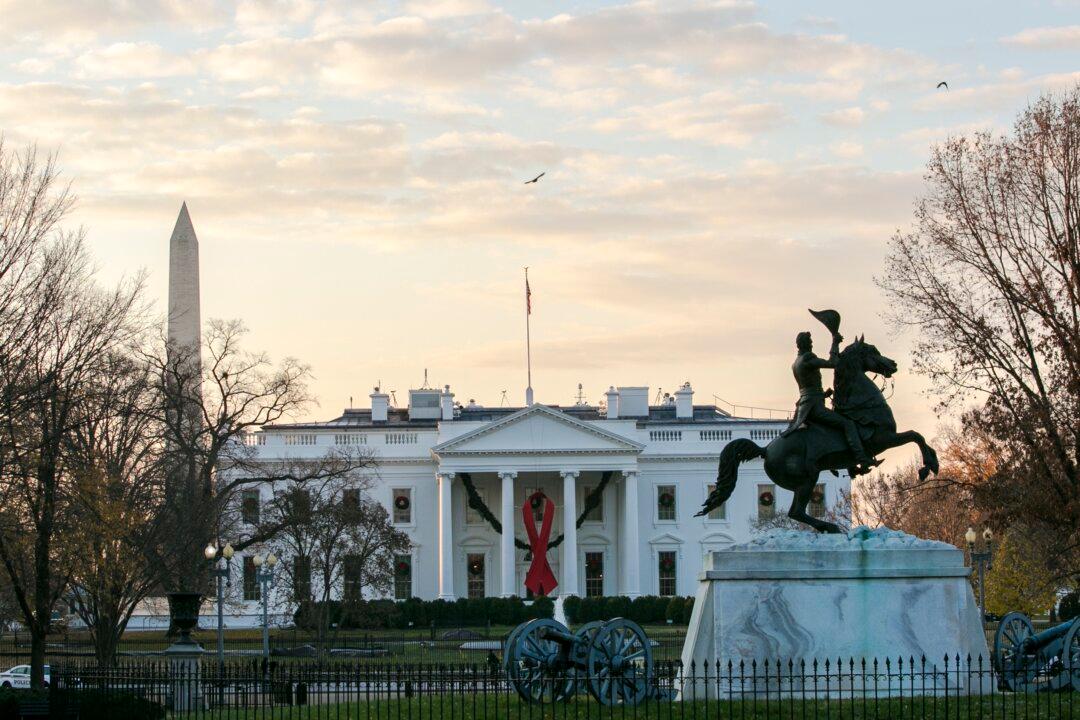ATLANTA—A Georgia man accused of plotting to attack the White House with an antitank rocket and explosives must remain in custody while his case moves forward, a judge ruled Thursday, Jan. 24.
Hasher Jallal Taheb, 21, was arrested Jan. 16 in an FBI sting. He had traded his car for an antitank rocket, guns, and explosives and had shared plans to storm the White House with an undercover FBI agent and a confidential FBI source, authorities said.





